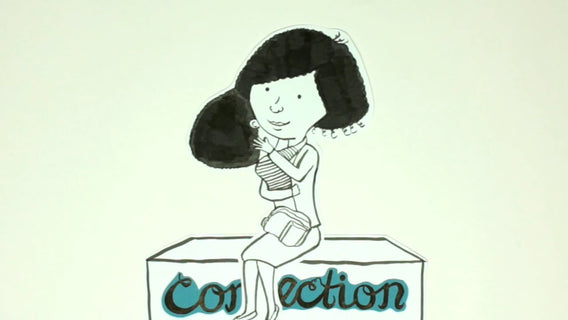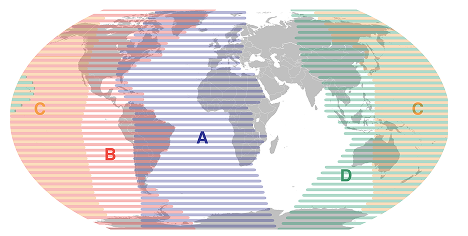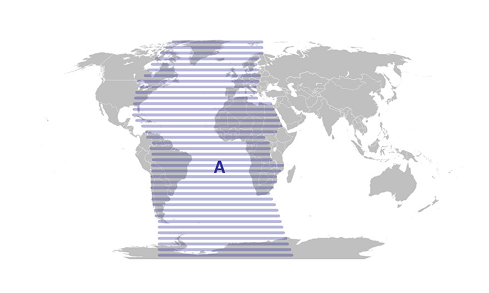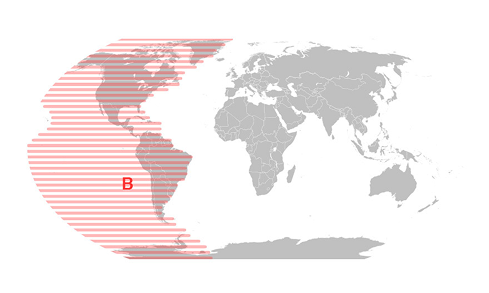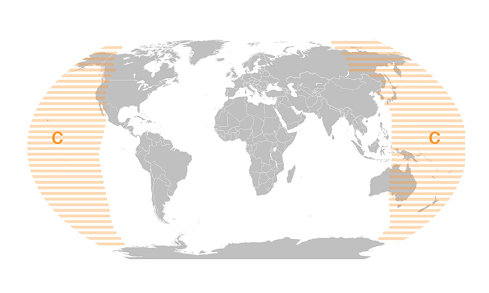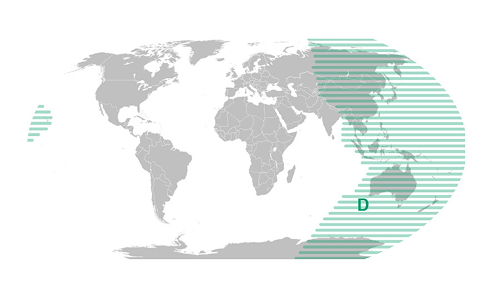 The concept of Shark Music is often a turning point for parents in Circle of Security Parenting groups. It offers a compassionate way to explore why certain moments with our children feel so hard and why we might react with fear, irritation, or shutdown, even when no immediate threat is present.
The concept of Shark Music is often a turning point for parents in Circle of Security Parenting groups. It offers a compassionate way to explore why certain moments with our children feel so hard and why we might react with fear, irritation, or shutdown, even when no immediate threat is present.
When working with neurodivergent children or parents who are themselves neurodivergent, Shark Music becomes especially meaningful. Dr Georgina Davis, a COSP Facilitator working in an NHS Child Development Centre, shares:
“I find when working with all caregivers, but especially caregivers where Neurodivergence (Autism, ADHD etc.) is present, that our Shark music sessions are often when there are lots of ‘lightbulb’ moments. Shark Music offers new ways of understanding struggles in relationship and new choices when responding to complex interactions as a parent.”
What Is Shark Music, and When Is It Real Danger?
The co-originators of Circle of Security created the term Shark Music to give language to caregivers that helps untangle past experiences from present parenting. Parents of neurodivergent children often speak of the intensity of their child’s reactions and the anxiety this generates for them. For one caregiver whose child could engage in risky and harmful behaviors when they had an empty cup, letting the child explore had become terrifying. The caregiver would constantly stay close, restricting exploration because of fear of the danger.
For example:
“I realised that I had a lot of fear about how others saw me and my child. I was constantly trying to “manage” my child so they didn’t stand out so much to others. I started to realise that this was more about my discomfort with being seen as a bad parent than responding to my child’s needs and that I was inadvertently shaming them. It’s given me courage to work towards choosing to meet my child’s needs over the perceptions of others.”
Rather than ignoring a parent’s gut sense, COS encourages leaning into it by separating our Shark Music from real danger. This helps caregivers regulate themselves enough to offer what their child really needs in the moment, Being With.
Shark Music as a Neurodivergent Parent
For caregivers who are themselves neurodivergent, Shark Music can help explain internal responses that may otherwise feel confusing or overwhelming:
“My daughter loves me to stroke her hair but this feels like nails on a chalkboard for me. I have struggled to navigate this. As I started to see this as my own Shark Music, I began to recognize the need underlying this and I felt better able to negotiate ways to offer Comfort and connection on the Bottom of the Circle.”
“I thought Shark Music just had to do with past experiences, but I started to see that it was anything that gets in the way of me seeing my child’s needs clearly.”
These reflections show how Shark Music gives language to the ways our own histories make some moments feel harder than they should. Its value lies in helping us notice when a particular need on the Circle is hard to meet, not because of the child, but because of what it stirs in us. And once we name it as Shark Music, we have new choices.
Shared Struggle, Shared Support
Parenting neurodivergent children in a world that is not yet neuro-affirmative can be isolating and relentless. Many caregivers are not only parents, but also advocates, schedulers, therapists, and emotional anchors—often while supporting other siblings, managing appointments, and navigating systems that don’t always fit their child.
This kind of caregiving depletes a caregiver’s cup. COS reminds us that to be Bigger, Stronger, Wiser, and Kind, caregivers need support, understanding, and moments of connection themselves.
“It’s hard not to compare myself and my kids to others all the time. Having the space to connect with other parents who are navigating the same sorts of challenges was a lifeline. The group became a special time in the week.”
Shark Music helps us notice what gets in the way of showing up for our children with clarity, compassion, and connection. For families where neurodivergence is part of the picture, it also makes room for the realities of sensory overload, advocacy fatigue, and feeling isolated. When we can name what gets in the way, we can move closer to the child in front of us and help to keep connection at the center of caregiving.
